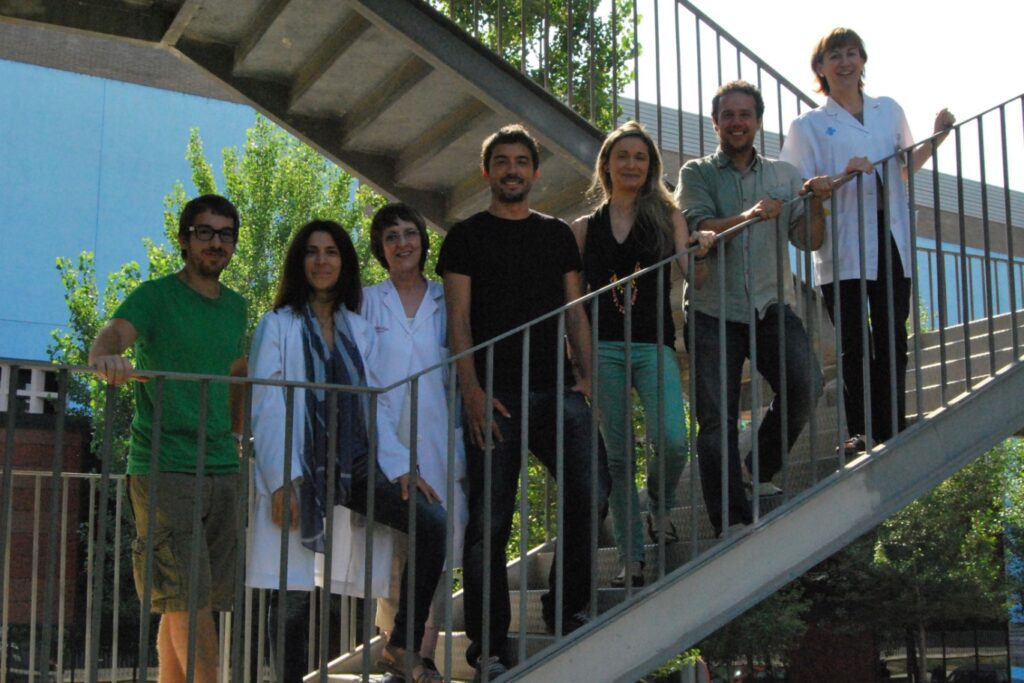Our brain accumulates information during the day but how do we register it in our memory? What makes this memory lasts over time? One of the main mechanisms is the consolidation of memory. From all that we see or learn during the day, brain filters what we forget and what we remember. The optimal moment for this consolidation is during sleep. And it is produced by the reactivation of information. Researchers of the group of Cognition and Brain Plasticity at Bellvitge Biomedical Research Institute (IDIBELL), the University of Barcelona and the University Hospital of Bellvitge have shown for the first time in humans the key role of the hippocampus (brain structure involved in memory) in the process of reactivation and memory consolidation.
The study was conducted with a group of patients who suffer a form of epilepsy which is characterized by atrophy and disorder of the hippocampal neurons. This alteration may be in one of two hippocampi (epilepsy unilateral) or in both (bilateral). While patients were admitted before surgery, they underwent a test to see if the recovery of the information received during the day while they were sleeping produces benefits in memory consolidation. The researcher Luis Fuentemilla, study coordinator, explained how they conducted this test: “Before going to sleep they were presented with a series of pairs of sounds and images, for example: applause was for the image of a table, and they were asked to learn the associated pairs. During the night, in a deep stage of sleep, researchers repeated half of the sounds learned and early in the morning they were asked by the associations.”
The control group, without damage in the hippocampus, and the epilepsy patients with unilateral (with only one damaged hippocampi) remembered better the associations that had been reactivated during the night. In contrast, patients who had damaged both hippocampi had no benefit.
“This finding demonstrates the key role played by the hippocampus in the reactivation and memory consolidation” said Fuentemilla.
As Lluís Fuentemilla and Julia Miró (neurologist and co-author of the study) explained that this discovery could serve on one hand to experiment with therapies that include memory reactivation during sleep in patients with brain injuries, but it could also open a new research line on neuron mechanisms that serve to fix what we learn.
This study was conducted in collaboration with the Epilepsy Unit of the University Hospital of Bellvitge.
Article’s reference
Fuentemilla, L., Miró J., Ripollés P., Vilà-Balló A., Juncadella M., Castañer S., Salord N., Monasterio C., Falip M. and Antoni Rodríguez-Fornells. Hippocampus-dependent strengthening of trageted memories via reactivation during sleep in humans. Current Biology (2013) http:/dx.doi.org/10.1016/j.cub.2013.07.006

